The morning after the night before offers little by way of either comfort or clarity.
What is clear enough is that, despite a performance in the opening half hour that seemed to presage a drubbing for the ages, Nigeria somehow contrived to surrender pride, territory and superiority in a cataclysmically shameful second-half showing.
So begins the inquest.
Fingers have been pointed every which way, and in truth there is more than enough blame to go around. No doubt, the politically motivated decision to break in the recently completed Samuel Ogbemudia Stadium in Benin, complete with its atrocious playing surface – what is now becoming an uncomfortable calling card for the former Bendel – during an Africa Cup of Nations qualifier backfired spectacularly.
There is also the pre-match shenanigans and photo-ops with dignitaries, unsavoury and tacky beyond all defence, and serving only to motivate the visitors.
The performance of Gernot Rohr has come under scrutiny as well, and rightly so. His decisions to select Kevin Akpoguma and Ahmed Musa in ill-fitting roles, even in the presence of more suitable alternatives, as well as the typically uninspired nature of his substitutions and his continued inability to affect the flow of the game on a consistent basis, have drawn justified ire.
The players themselves have not been exempt, although it is difficult to lay too much at their feet beyond a complacency that, in fairness, seemed to have trickled down from above.
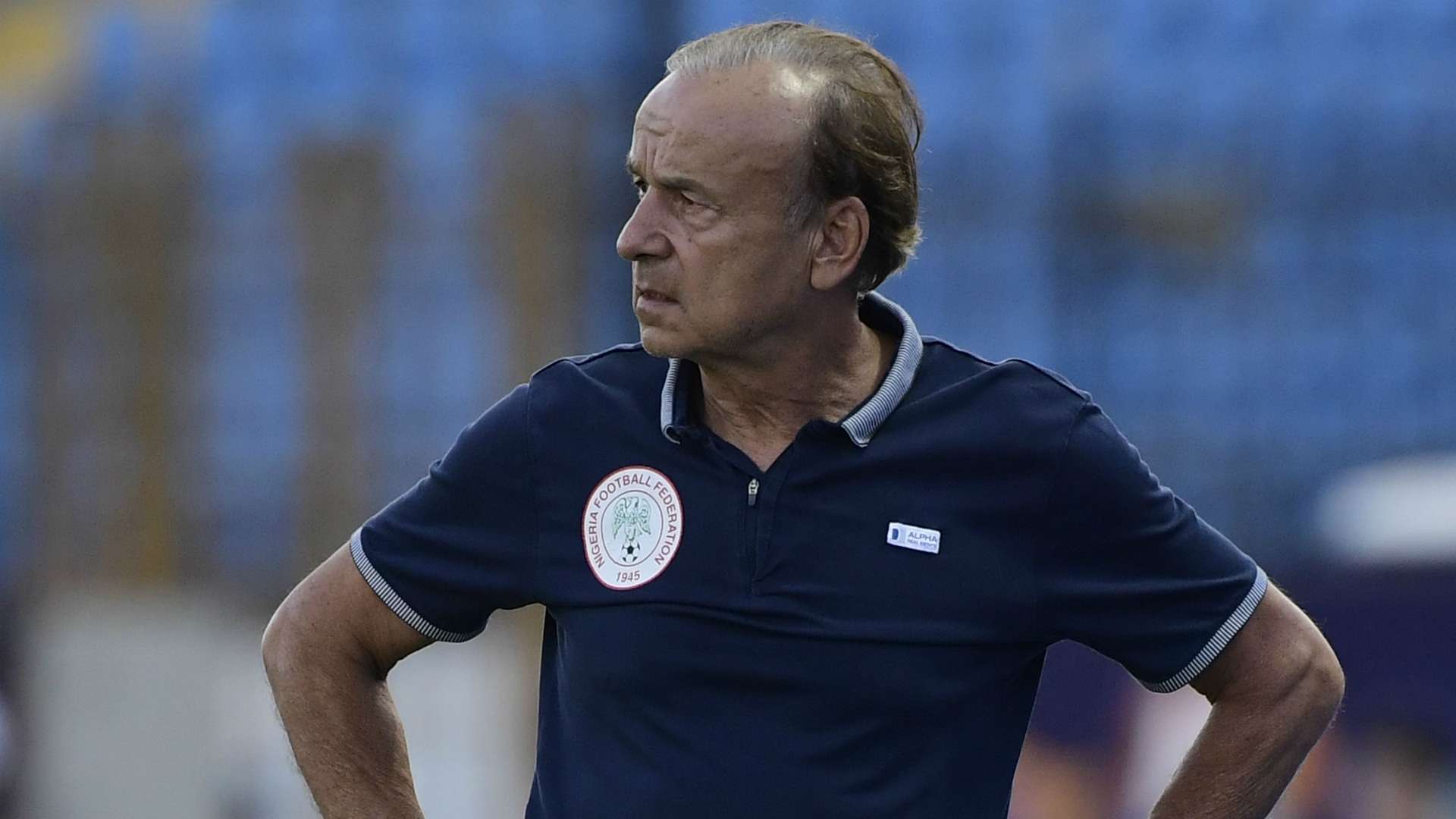 Getty Images
Getty Images
While all of these factors have rightly been accounted for, little has been said for the absence of fans from the stadium.
Perhaps it has simply become matter-of-fact, a part of the inescapable reality of elite sport in these Covid times.
In fairness, there was a fair degree of crowd noise piped in, typically late and imprecise, but nevertheless attending every one of the Super Eagles’ goals. However, what the canned reaction lacks is context and humanity; it cannot gauge the pulse, or feel the unease of a stirring from seemingly overmanned opponents.
Not since 1965 has the Nigeria national team conceded four goals on home soil.
That honour fell to Ghana, who were at the time reigning African champions twice over; at the time,
Nigeria had only managed one appearance at the Afcon in total. In the ensuing 55 years, the Super Eagles built up a fearsome ambience on home soil, much of which was predicated on the bear-pit that was the National Stadium in Lagos.
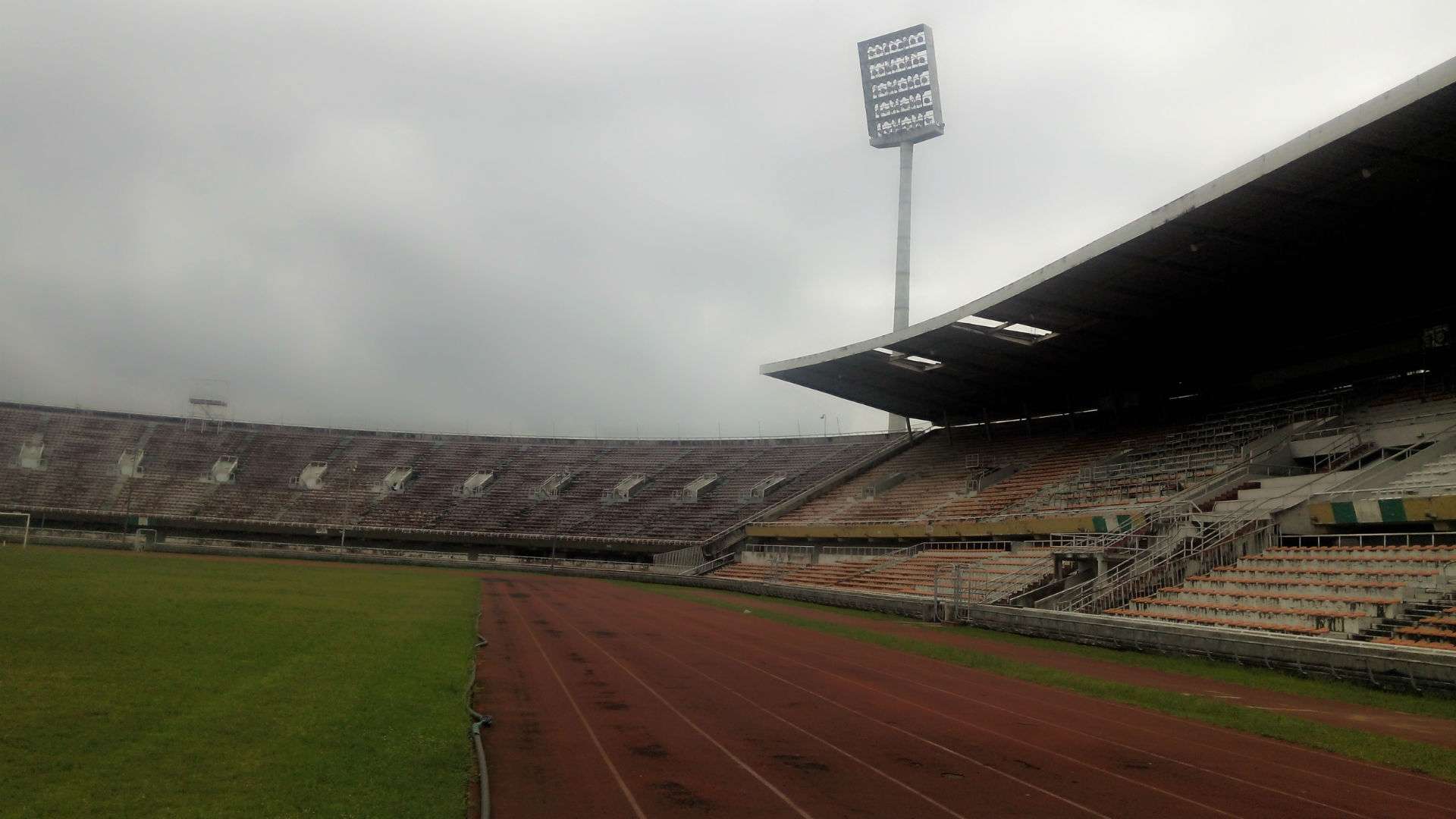 Photo by Shina Oludare
Photo by Shina Oludare
That arena is now sadly no longer available for use, but while the peripatetic Eagles have suffered the odd reverse and disappointment in Kano, Abuja, Calabar and Uyo, this capitulation to the might of Sierra Leone felt like a new low.
In that sense, it is impossible not to think of it as being, in some way, a consequence of bare stands. Fans are the physical, baying embodiment of stakes, expectation and consequence, and so without them, there can seem an absence of jeopardy. Many a shout of ‘man on’ from the terraces has shaken a player out of insouciance; witness, for instance, the distracted, diffident touch Zaidu Sanusi took in the sequence leading to the visitors’ fourth. It simply does not happen in a packed stadium.
It is a highly peculiar circumstance that has given rise to some highly ridiculous scorelines in European football, with players and pundits aside reporting an atmosphere akin to a training exercise. Shorn of intensity and virulent feedback, players are more easily distracted, more likely to switch off and, curiously, quicker to tire.
So it panned out: following a prosperous opening 30 minutes, there was a precipitous drop in intensity and focus on the part of the Super Eagles, as they believed the game won. Sierra Leone themselves, seeing they had nothing to lose in the face of a beating, were conversely emboldened and invigorated by the absence of the home support, and simply resolved to go for it. Their reward: a historic high, as well as an increased belief.
Each goal for the visitors was almost dream-like in its build-up and execution, an effect further heightened by the hosts’ defence seemingly trapped in a state of sleep paralysis. Without a crowd playing the role of wingman, helping to maintain investment and scanning for sneak attacks, Nigeria’s young side simply could not feel the noose slowly tightening.
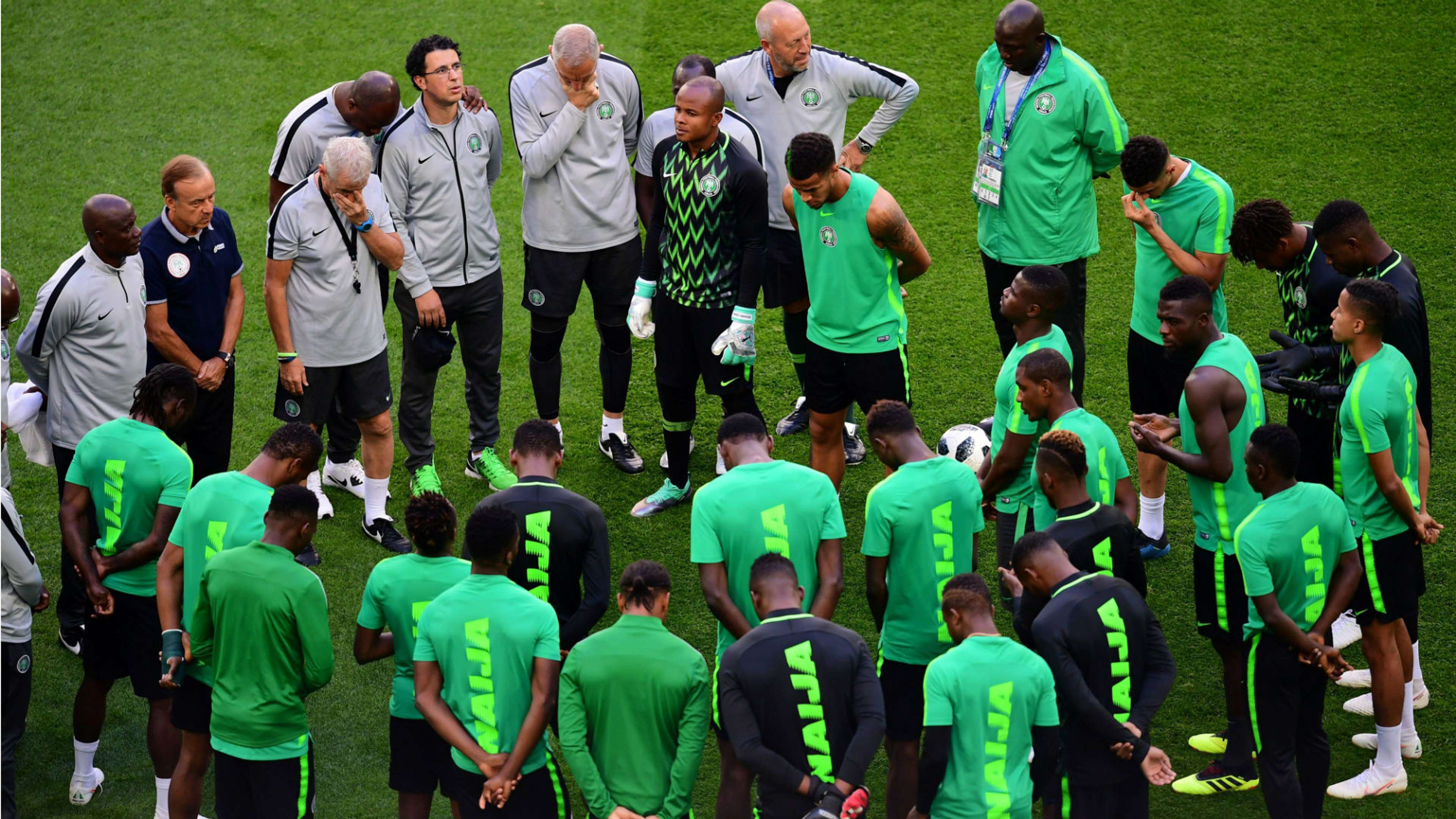
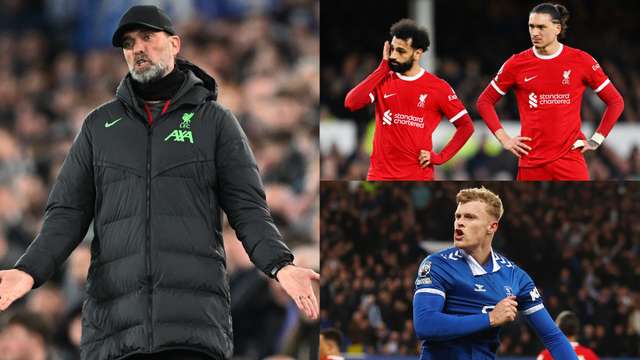
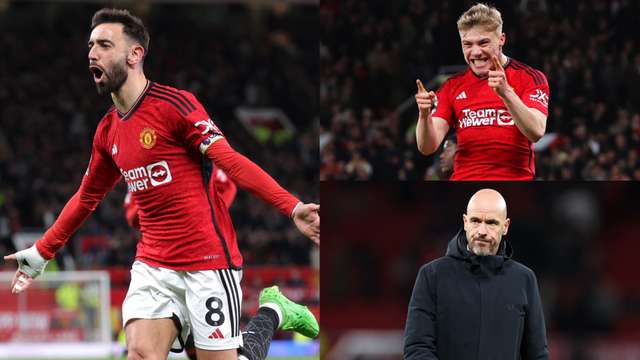
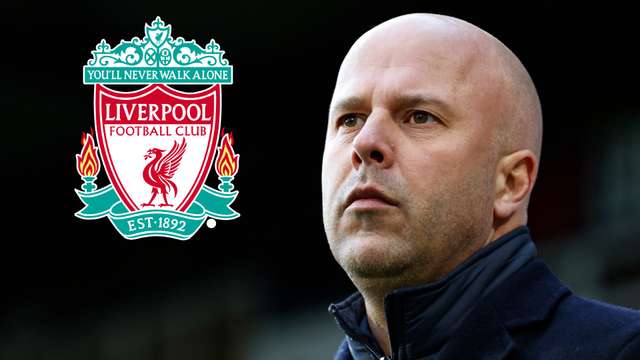
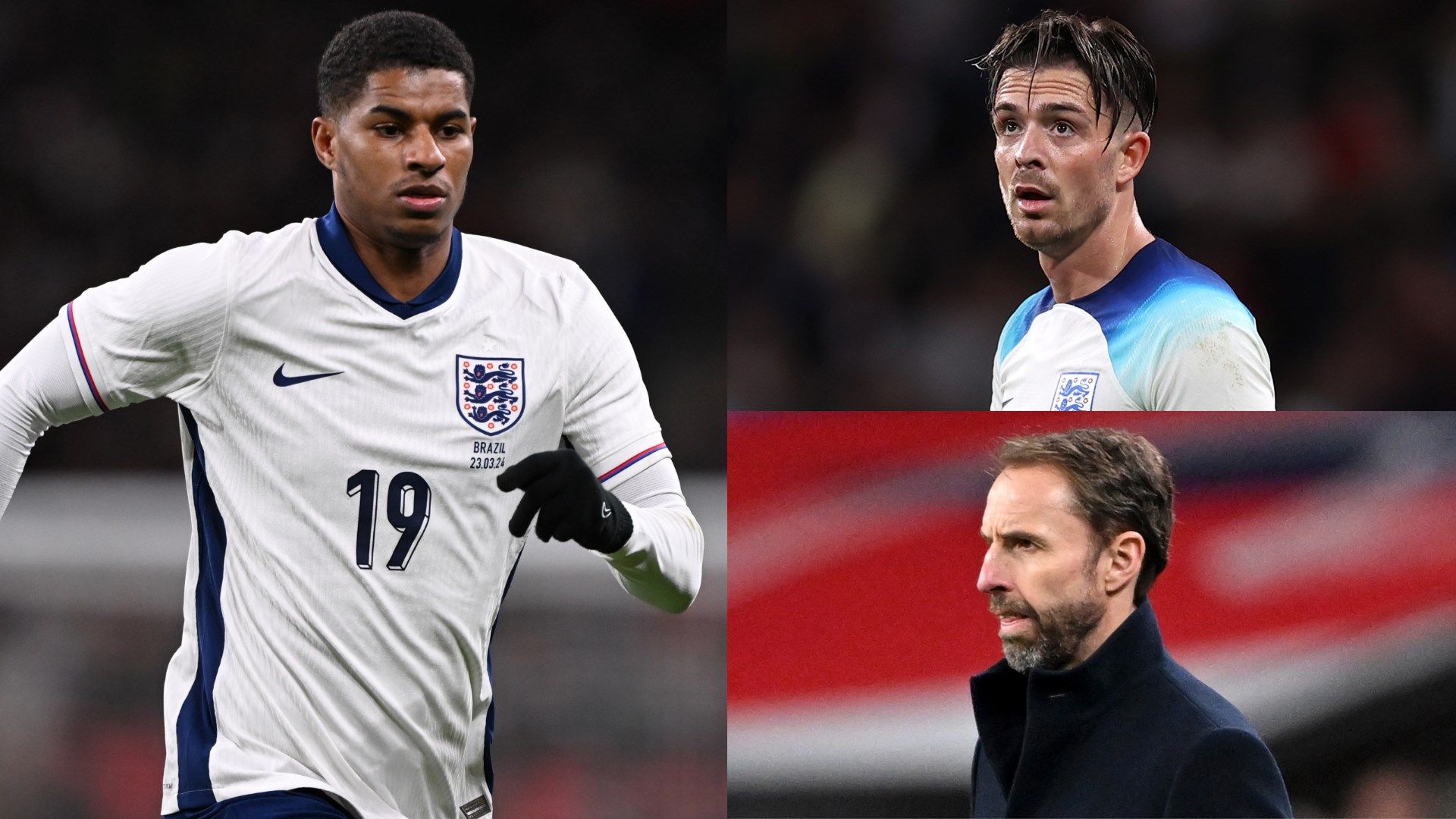.jpg?auto=webp&format=pjpg&width=640&quality=60)